The new year brings a renewed sense of opportunity for many people. They create lists of resolutions they’d like to accomplish; weight loss, stop smoking, travel more, showing gratitude regularly, saving money are all common themes year after year.
But has your ministry created its resolutions for 2016? Specifically, have you incorporated spending for background checks and child safety training into your budget?
If the answer is ‘no,’ you’re not doing your church or your employees and volunteers or your congregation any favors. Background checks and child safety training are simply not ‘options’ anymore, they are necessary components to any hiring or volunteering procedure.
Check out these horrific recent headlines that have directly affected ministries across the country:
- Rape at Tennessee Church Sobering Reminder About Critical Need for Background Checks and Child Safety Training
- When Will It Stop? More Sex Abuse Charges Against Former Church Youth Leader
Here’s our tips for helping you cement screening services into the new year budget.
The Two P’s
Every ministry needs to have a clear, compliant and cost-effective background screening program for employees and volunteers. Creating your program, however, is next to impossible without a firm screening policy. What’s the difference, you ask?
A background screening program is the method you use to collect someone’s information (such as using a third-party screening agency like Protect My Ministry).
A background screening policy provides a blanket set of instructions, guidance and rules that everyone in your religious organization must abide by to instill consistency and efficiency into the on-boarding process.
Without a clearly defined and universally known policy, you could be wasting a lot of your budget. Here’s 4 steps you need to take to define your policy and keep it budget-friendly.
- What’s your reach? You want to examine what your applicant screening process (if you have one) looks like in its current state. Undergo the steps as an applicant, then perform them as an administrator. Do you find redundancies? Are there gaps? Does every applicant need to be screened for every position? Is it efficiently performed in house or would outsourcing be better?
- Who should do it? One of the biggest choices you’ll need to make is to decide who will perform the background screening process. Is your administrative department capable and staffed well enough to handle the workload? Are they knowledgeable about the screening industry? Are they up to date on compliance trainings, Federal regulations and the evolving hiring law landscape? In most cases, ministries are not properly equipped to perform background checks, and you could actually be increasing your risk by attempting to do so. Hiring an outside screening company like Protect My Ministry to run your background checks is more cost-effective and time-efficient that attempting to do it in house, and keeps you on the right side of the law.
- Keep an eye on legal. You need to ensure you’re still within the boundaries of the law with any changes you make to your screening policy. It can be enticing to cut corners to save money, but if this breaks with compliance, then your legal bills will far outweigh any money you saved. Laws exist from local municipalities all the way to the federal government so you need to know them well.
- Write it down. This step is key. Every single employee/volunteer needs to know the policy, even if they’re not directly involved in hiring. But you don’t need to spend kajillions of dollars on printing out binders for everyone. Digitizing your policy on an intranet will make it easily accessible and easier to edit when changes occur. Plus, you can create a quiz at the end to ensure your employees/volunteers actually read it.
We understand this is a lot of information to consider, especially when all you want to do is make sure your Christmas performances go off without a hitch this week! However, the staff at Protect My Ministry can help – whenever you need us!
Our Protect My Ministry website is full of helpful information to get 2016 off to the right start – for your people and your budget! Check it out and let us know if you have any more questions about your screening policy or your program. We’d love to partner with you.
